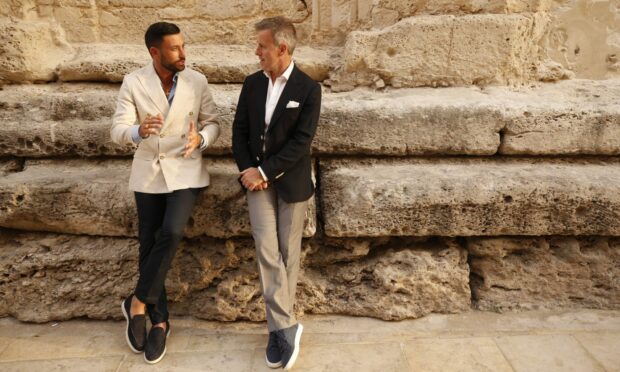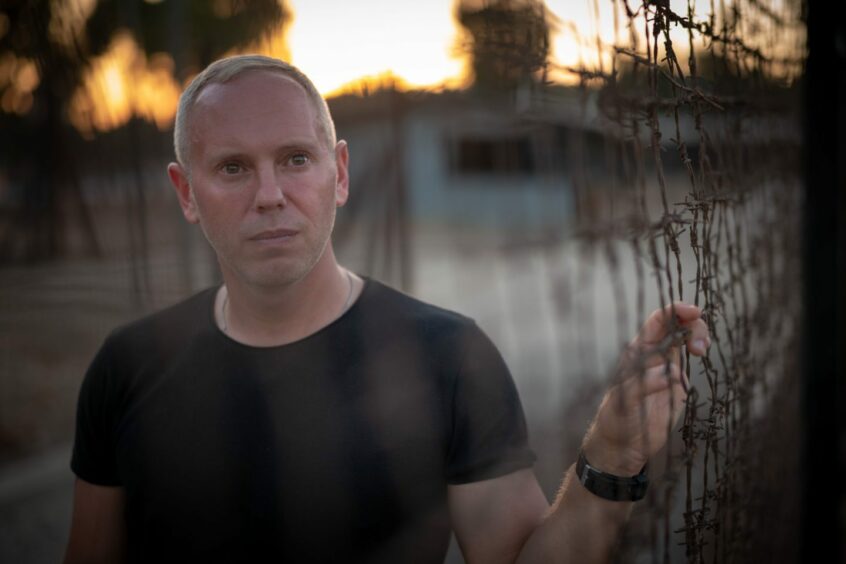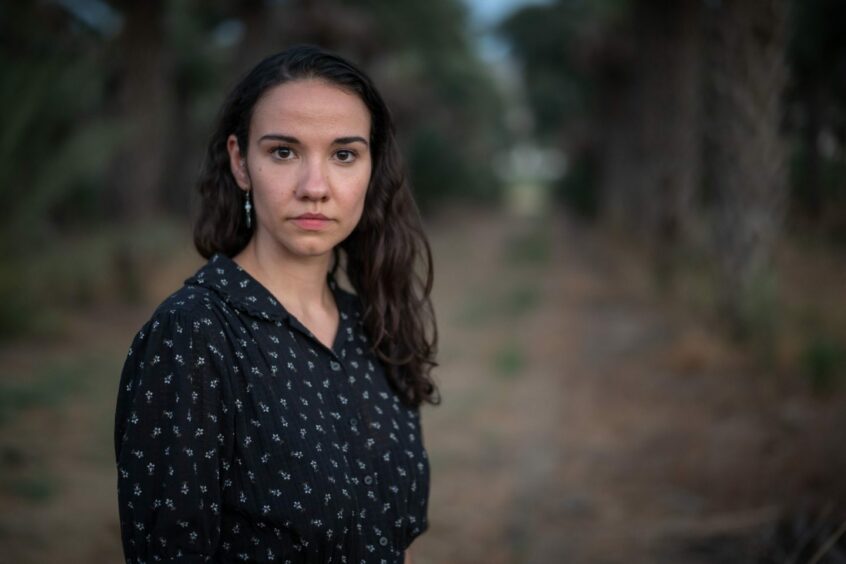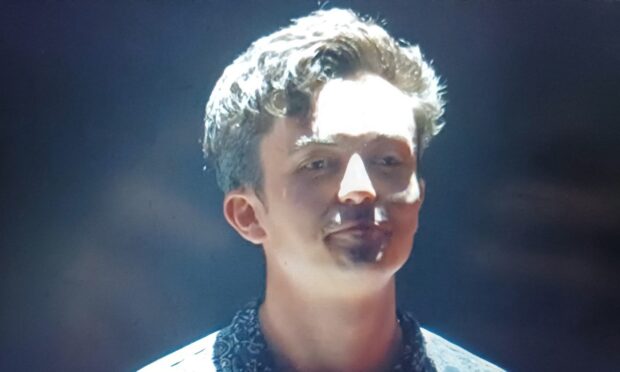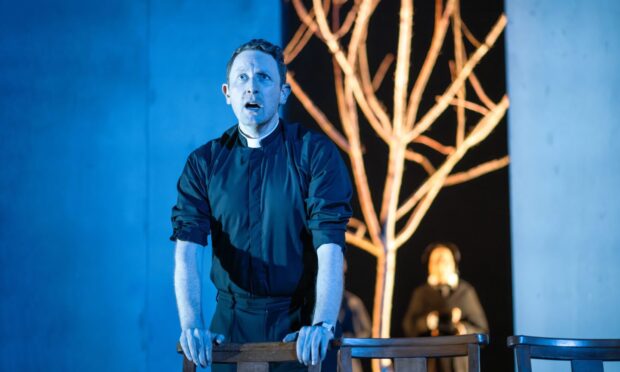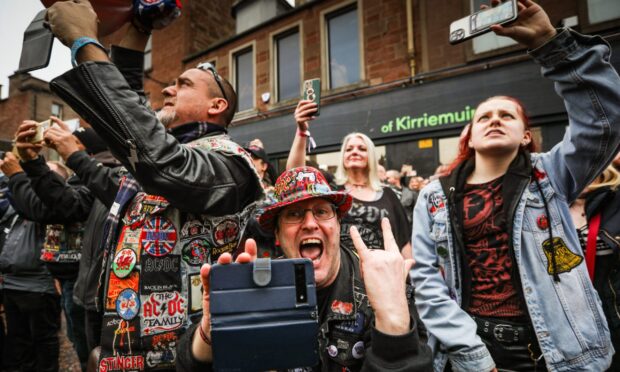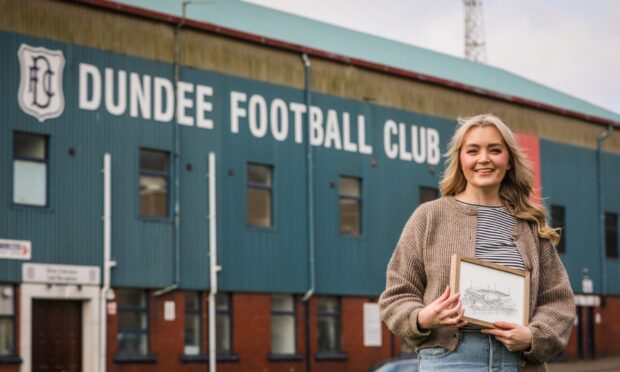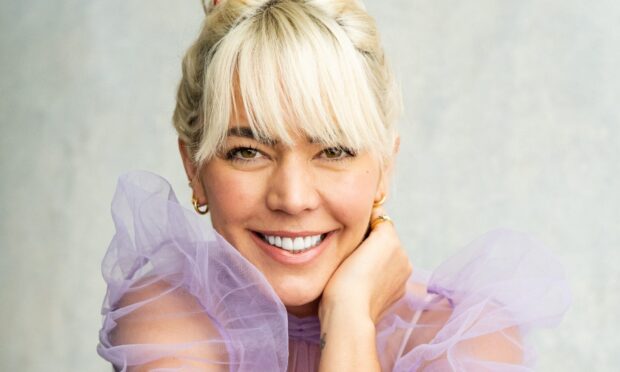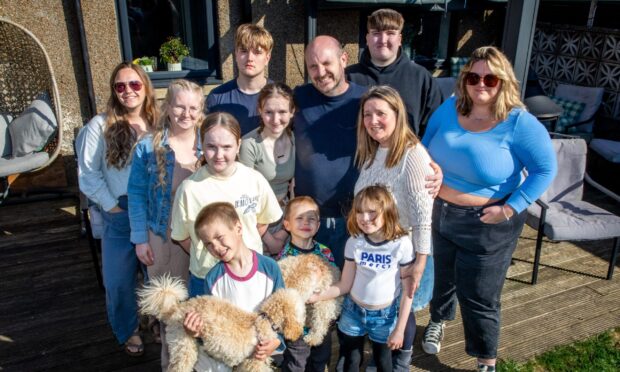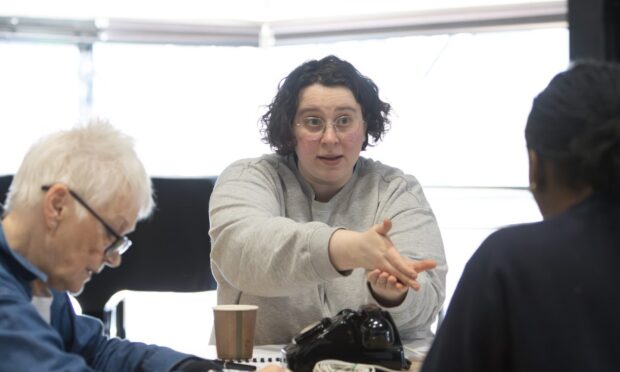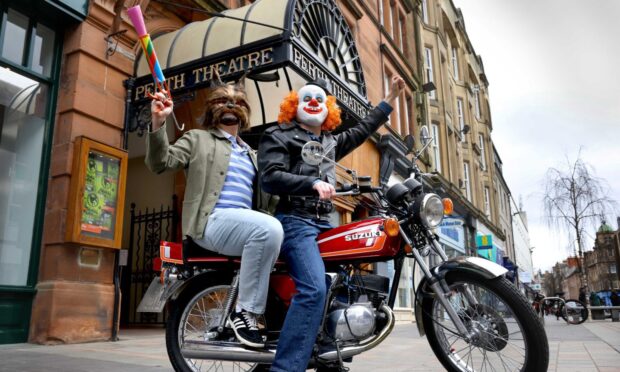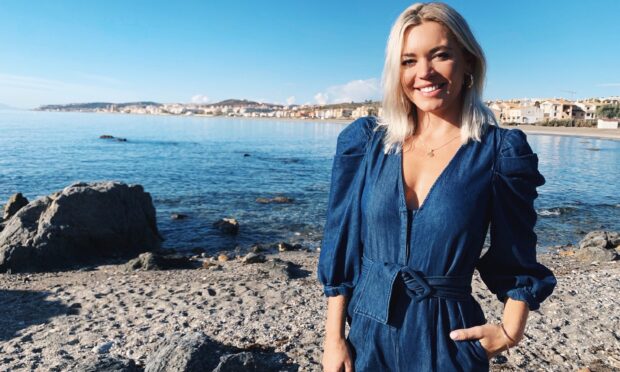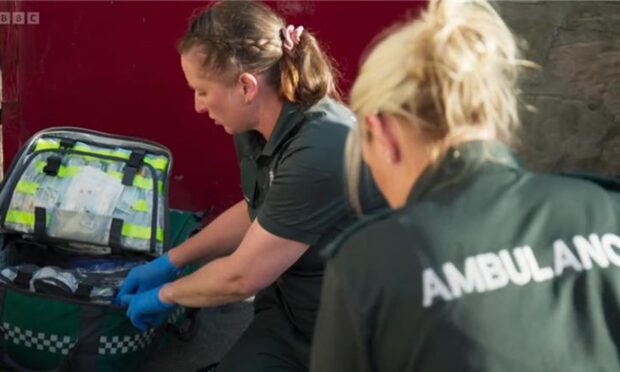The two-part The Holy Land and Us: Our Untold Stories (BBC Two, BBC iPlayer) was a brave attempt to do the seemingly impossible.
And that is to examine the lasting repercussions of the still enormously divisive fallout of the 1948 withdrawal of the British from Mandatory Palestine, leading to the creation of the state of Israel, in a balanced and respectful way.
Tragedy for some, relief for others
The events of ’48 brought a new sense of relief and safety to new Israeli citizens, many of whom had survived the horror of the Holocaust and known only discrimination in Europe throughout their lives.
Yet to the land’s Palestinian people who were displaced – many of them violently – they were a great tragedy.
Amid a situation which has defied 75 years of global diplomacy, this sensitively-constructed show very carefully editorialised as little as possible.
Instead, the voices and experiences of several families who were affected in the aftermath are heard, as their descendants trace their roots by visiting the region and speaking to family, friends and local experts.
The key participants were television personality Robert (formerly Judge) Rinder, a Jewish man raised in London, and actor and writer Sarah Agha, a British woman with mixed Palestinian and Irish heritage.
Their own journeys to discover their families’ stories were presented with the tone of a somewhat more sombre Who Do You Think You Are?
A complex story
Except The Holy Land and Us felt more like Who Do You Think You Could Have Been?, as lives disrupted by the course of history and politics were laid bare.
For the Jewish families shown, the question is one of their people’s survival. For the Palestinian people featured, the story involves razed villages and family land they can never visit.
“I don’t know what the answer to any of it is,” concludes Rinder, his hopeful tone contrasting with Agha’s clear frustration and anger.
For those lucky enough to have never experienced what either of these peoples have endured in the last century, all of the essential personal testimonies here deserved to be seen, heard and understood.
A very different tone
A very different-in-tone eye on the world, meanwhile, also arrived this week with the first episode of the three-part Anton and Giovanni’s Adventures in Sicily (BBC One, BBC iPlayer) .
It’s essentially an excuse for two famous blokes you know from Strictly Come Dancing to go on holiday in the sun and have a camera follow them around while they’re doing it.
Like the fictional Steve Coogan and Rob Bryden reality vehicle The Trip come to life, the show had Anton Du Beke accompanying Giovanni Pernice on a road trip around the latter’s Italian home island.
Its success depends entirely on your tolerance for Du Beke’s endless mugging banter.
Sicily looked great, of course, and there were quirky diversions in there, for example the pair’s octopus fishing trip or the moments where you remember they’re both significant talents in their own right.
Like Pernice’s operatic singing within the limestone Ear of Dionysus cave or their dancing in an open-air Roman amphitheatre, for example.
At least when he’s dancing Du Beke stops talking, mostly.
